Lockdown: A scientific perspective
In these unprecedented times, we in the science faculty hope you and your families are all well. Being at home in the same place with the same people day in and day out can...
Filter by Category
Filter by Author











































































































































































In these unprecedented times, we in the science faculty hope you and your families are all well. Being at home in the same place with the same people day in and day out can...
Posted by Damien O'Brien

As many people find themselves looking for inspiration about what to do during extended periods at home, what better than read the books you’ve had on your list...
Posted by Lynn Court

I have now successfully completed week 4 of my MOOC on ‘The Tudors’ with only 2 more weeks to go. This week was particularly interesting as it focused on the Tudor...
Posted by Sara Ash - Deputy Headteacher
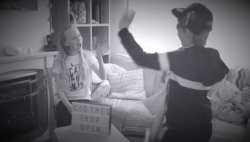
During this unpredictable time away from the norm, it is important to continue with routines and stay active. By setting practical home learning tasks, the KS3 students have had...
Posted by Eliz Noyan

Dear students, parents and carers, Here is our second STEM Challenge of the Week. Each week, a new challenge will be shared for students and even their families to get involved...
Posted by Suresh Varsani
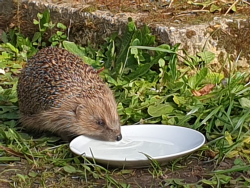
Since lockdown I think it’s fair to say that we are learning a whole heap of new things about ourselves, our families and the wider community. Have we discovered that we have...
Posted by Lauren Wright

I am sure by now you have found many new ways to communicate with friends and loved ones. We have been forced to become very creative with our communication and my family and I...
Posted by Helen Blowers
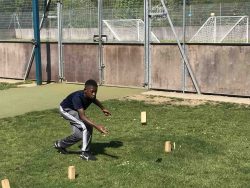
During the current climate, the students who are attending BMS obviously do not follow a normal timetable. However, they do have a lunchtime and as the weather has been so nice...
Posted by Graeme Searle

Sociology has always been a subject that raises one key question; does it really apply to the world around us? Sociology at its heart is the study of society and all its aspects....
Posted by Chloe Lister

It was lovely to receive this email message from Sam Rutter (mother of BMS students Matthew, Ben and Chloe) this week thanking everyone associated with Bushey Meads for supporting...
Posted by Jeremy Turner
In these unprecedented times, we in the science faculty hope you and your families are all well.
Being at home in the same place with the same people day in and day out can certainly take its toll on us mentally, if we aren’t vigilant.
What has become more apparent to me at this time is the need for routine.
Our bodily functions are, to some extent, controlled by hormones. These are chemical messengers that allow communication between organs and assist healthy bodily functioning.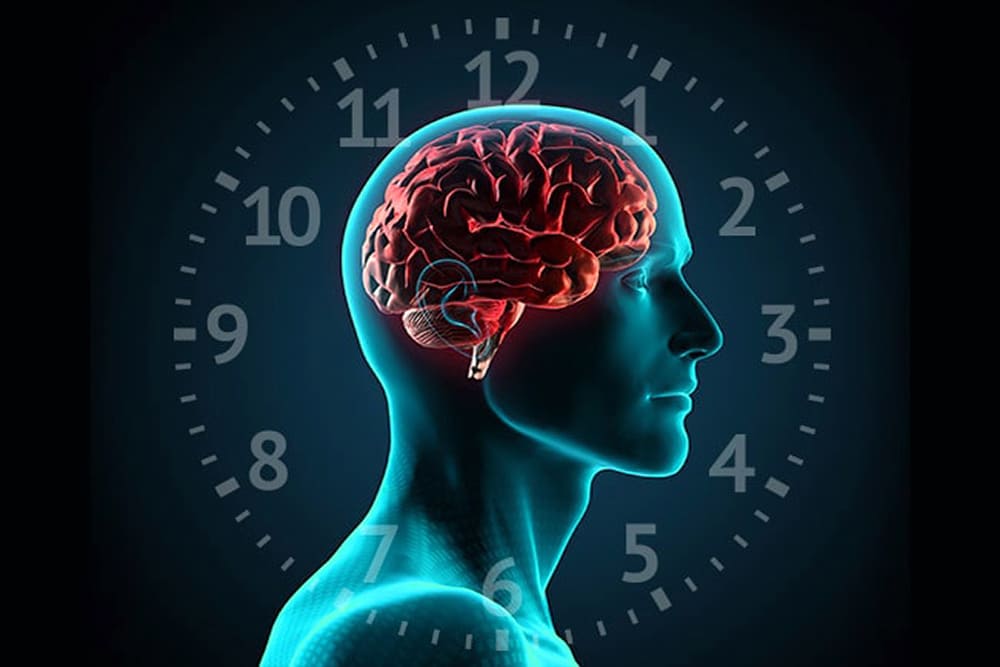 The balance of these hormones is important in regulating our natural bodily cycles such as feeling alert, tired, hungry, happy, for example. This balance is known as our circadian rhythm (Latin circa- about / around, dia from dies – day).
The balance of these hormones is important in regulating our natural bodily cycles such as feeling alert, tired, hungry, happy, for example. This balance is known as our circadian rhythm (Latin circa- about / around, dia from dies – day).
When our circadian rhythm is not in balance, we may feel sluggish, drained and overly emotional. We may also struggle sleeping or waking up.
At this point, I hope you are still with me.
To keep our circadian rhythms in good balance, routines become important. Such routines have been at the forefront of many conversations between parents and colleagues.
Some of you have been sticking to your school timetable, and it has been working for you. However, it may not work for all. An alternative for some may be to spend a morning or afternoon on each subject, with timed sessions with breaks in between. As well as this, routines of waking and sleeping time, use of electronic devices could / should all be controlled as if we were in term time. Whatever the specifics, a routine helps. Try to agree one between you. When there is buy-in or ownership, if a student can come up with the plan him or herself, there is a greater probability of ‘stickability’.
Fitting in small rewards may also be appropriate, if you stick to your routine. Be sure to include at least one full day off work. Everyone needs a break!
Setting an alarm and getting up by a particular time each day assists this. Even, dare I suggest, at weekends?
There will be down days and up days. If you plan during your up days for the down days, when you need more support, it may make matters easier.
Find something to expend your energy, such as a daily run, some press ups or sit ups. Try to push yourself to maintain your fitness or develop it, if you have greater time and flexibility now.
We are all stuck right now. Try to be acceptant and tolerant of all those around you. We don’t know each other’s individual circumstances, but we are all restricted in many of the same ways. Be understanding, polite, and remain calm with each other, and say thank you to those who move out of the way to help maintain the 2m social distance.
We will get through this together.
For further advice for students and parents, please see below for the Royal Society of Biology’s advice. This webpage includes many useful links to activities:
https://www.rsb.org.uk/education/education-during-covid-19/advice-for-students-and-parents
There are couple of other links that may be of interest to you. The RSB’s periodical ‘The Biologist’ has published a series of short interviews covering COVID-19 Q&As:
https://thebiologist.rsb.org.uk/biologist-covid-19
And finally, their COVID-19 bulletin:
https://www.rsb.org.uk/policy/policy-resources/policy-newsletter
Stay safe!

British Science Week at Bushey Meads School has truly started with a bang! The malicious murder of Mr O’Brien was investigated and solved by a team of Bushey Meads Scientists,...
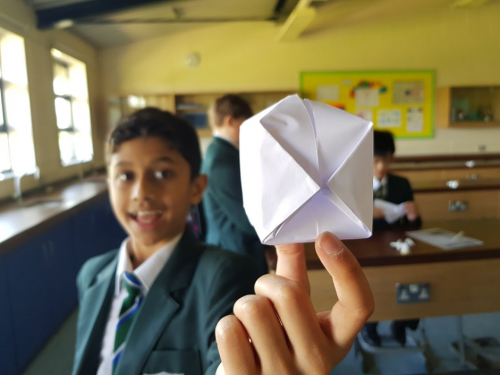
Science Club Wednesday 9th May with Mr. Green. Students enjoyed the task and challenge of making paper water bombs to knock down a target. Kavya in year 8 came closest to knocking...